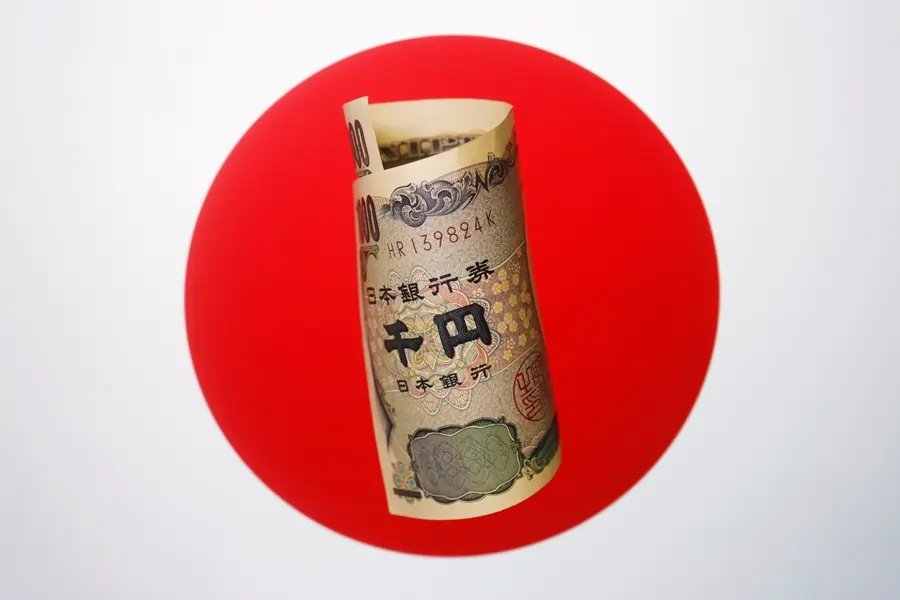BOJ should wait at least six months for rate hike, says opposition kingmaker


By Makiko Yamazaki, Takaya Yamaguchi and Tim Kelly
TOKYO (Reuters) -The Bank of Japan should wait for at least six months before hiking interest rates, until there are signs of sustainable wage gains above inflation, the head of the opposition party that the ruling LDP is courting for support said.
There should be no significant changes to monetary policy, as we need to observe the wage growth trends from next year’s spring negotiations,” Yuichiro Tamaki, head of the opposition Democratic Party for the People (DPP), said in an interview with Reuters.
Following Japan’s general election on Oct. 27, Tamaki’s party has gained influence over government policy as the ruling Liberal Democratic Party seeks its support to maintain power.
The LDP and its coalition partner Komeito are 18 seats short of a majority in the 465-member lower house, while the DPP, which is advocating for higher wages and cuts to both the country’s sales tax and income tax, saw its seat count rise from seven to 28.
The Bank of Japan ended negative interest rates in March and raised short-term rates to 0.25% in July on the view that Japan was making progress towards durably achieving its 2% inflation target.
It held short-term rates at 0.25% at Thursday’s policy meeting but said risks around the U.S. economy were somewhat subsiding, signalling that conditions are falling into place to raise interest rates again.
Still, Tamaki said that it is necessary to eventually normalise monetary policy and allow the market to function properly.
Tamaki said maintaining easy monetary policy may push the yen down. “But it is the strength of the U.S. economy that keeps the gap between U.S. and Japanese interest rates wide and monetary policy should not be used to manipulate currency rates,” he said.
He declined to comment on current currency levels but said currency interventions have only a short-term impact, although they could act as a deterrent to speculative moves.
(Reporting by Makiko Yamazaki, Takaya Yamaguchi, Tim Kelly, Philippa Fletcher; Editing by Kirsten Donovan)
Monetary policy refers to the actions taken by a central bank to control the money supply and interest rates in an economy to achieve macroeconomic goals such as controlling inflation and stabilizing currency.
Interest rates are the cost of borrowing money or the return on savings, expressed as a percentage of the amount borrowed or saved, typically set by central banks to influence economic activity.
Inflation is the rate at which the general level of prices for goods and services rises, eroding purchasing power, typically measured by the Consumer Price Index (CPI).
Explore more articles in the Banking category











